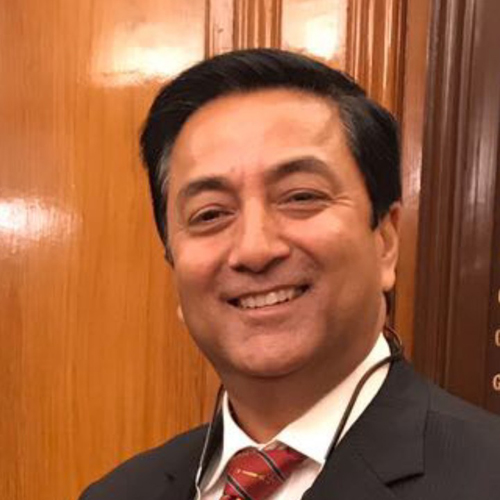Opinion
Challenges facing the country
Unless addressed in time, corruption and misuse of authority are likely to increase
Binoj Basnyat
The formation of a new government and the amalgamation of the two largest communist parties into the Nepal Communist Party have set off optimistic and pessimistic vibrations in domestic and regional politics, strategic connectivity, national security and the economy. Claims of Prime Minister KP Sharma Oli and the left parties being anti-Indian have been disproved with bilateral relations reaching an agreeable level following Indian Prime Minister Narendra Modi’s visit to Nepal. Meanwhile, the meeting between Modi and Chinese President Xi Jinping in Wuhan and at the Shanghai Cooperation Organisation (SCO) summit denotes a rebalancing policy by India.
A leap forward
In the current strategic context, visits and bilateral talks between Modi, Xi and Oli have provided ample opportunities and complex challenges. The committed attendance of China and India in the Indian Ocean besides their unyielding attention to enlarging their geopolitical scope in Asia and further through the use of trade and the military is strengthening the manifestation of the Indo-Pacific region as a new-fangled and consequential strategic community.
Nepal’s diversifying trade and transit, creating favourable conditions for foreign direct investment (FDI), restructuring internal organisations, addressing governance and identifying foreign policy along with the prime minister’s visits to India and China concluding with the signing of 12 memorandums and seven agreements with the former and 14 memorandums and nine agreements with the latter is a leap forward. The agreements focus mainly on seven categories, namely strategic communication connectivity with railways and waterways, energy with hydro projects, power trade, infrastructure development, agriculture, political and diplomatic gestures and security concerns.
The ongoing power tussle among the political parties, ambitious election promises and competition and differences within the parties can get out of hand and lead to party splits, resulting in the old pattern of political uncertainty and mid-term elections. This is very different from the expectations of the people and will surely impact the country’s political, diplomatic, social and economic sectors as disparity brings divisions. Nepal’s strategic significance and the shift in geopolitics in South Asia is not acknowledged, and the federal states are not administered and supervised ably due to inequalities, lack of political participation, poverty and endemic corruption.
Frequent changes in government have led to unclear and unchartered economic policies. Achieving the 17 Sustainable Development Goals with 169 targets by 2030 with a new governance system that is still very confusing is a challenge. The policy and planning deficit of encouraging industrialisation, FDI and domestic investment combined with a fall in remittance, fewer foreign jobs and independent taxation policies will bring about confusion.
A cultural and traditional transformation is ongoing with untracked proceeding and events leading to social transformation. A significant change in internal and external dynamics is transforming the nation into a pluralistic, democratic, multi-ethnic, federal and secular state. Separation, radicalisation and polarisation are marginalising the minority groups that will clearly lead to religious intolerance and disharmony inviting conflict.
Take note
China’s intentions to move into South Asia and gain a foothold while India’s lack of trust in policies and the political leaders and their footprints as well as the course of action in Nepal surely has a geo-political and geo-economic significance. Nepal does not have a clear foreign policy regarding dealing with the immediate neighbours and other states, and this can lead to disarray and suspicion with regard to support and promotion. An unclear policy towards the INGOs and NGOs that assist in development activities will lead mismanagement of funds and weaken their objective to contribute to national stability.
Unless addressed in time, corruption and misuse of authority are likely to increase with three tiers of government which means more power centres and more bureaucratic hurdles while taxpayers face the brunt and people get hit by inflation. How long will the deceitful system last? Civil society and interest groups will raise questions and find lawful ways and force the government to address the ill practices, or they will hold peaceful demonstrations in the streets.
The strategic network connecting the northern and southern borders to facilitate tri-national linkage and the variety of transportation systems requires the state to reorganise, restructure and revitalise the defence system, law enforcement, civil services and responsibilities. Finding a place within China and India will be Nepal’s real strategic challenge and vulnerability in the years or even decades to come, while the diplomatic moves and presumed gains are just a sideshow and a temporary issue along the way. What are Nepal’s principles for free and fearless choices to earn the respect of the world and a voice in international affairs by not following one or the other power?
Basnyat is a retired Army Major General, holds an M-Phil degree and is a political and security analyst




 16.33°C Kathmandu
16.33°C Kathmandu










